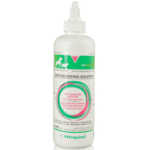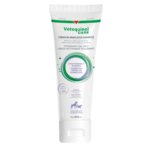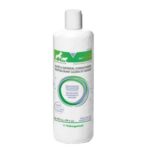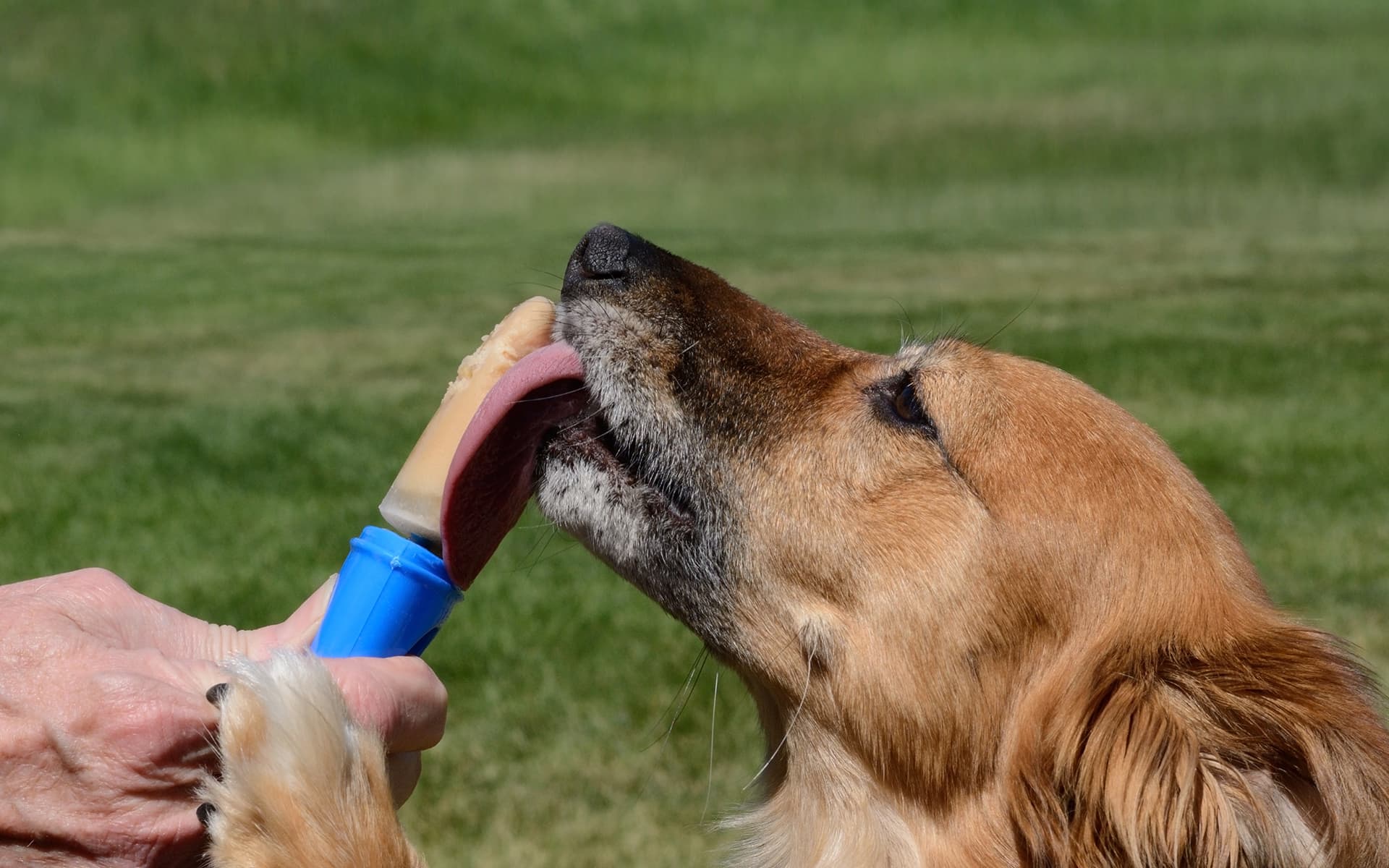You may have friends and family who are allergic to nuts or certain kinds of fruit, are lactose intolerant or don’t eat gluten. Did you know cats and dogs can develop similar food allergies and issues? If your pet has an upset stomach or scratches frequently after eating, here’s how you can tell if food allergies may be the cause.
Food allergy or food intolerance?
Like environmental allergies to pollen, dust and other substances, food allergies are an excessive response from your pet’s immune system. Mistaking the ingested food as an “intruder” such as a virus or bacteria, the immune system attacks it. Allergy symptoms are a side effect of this internal battle, and may include itchy skin, ear and skin infections, changes to the appearance of the skin and coat, vomiting or diarrhea.
While food intolerance may cause similar gastric troubles or vomiting, it doesn’t involve the immune system. Rather, the body simply has a hard time processing or digesting a certain kind of food, and finds other ways to get rid of it. Adult cats are commonly lactose intolerant.
Finally, some human food is outright toxic or harmful to dogs and cats (such as onions and garlic) and should never be fed to them.
Most common pet food allergies
Common causes of food allergies in pets include chicken, beef, egg, dairy products and fish (for cats). There isn’t anything inherently wrong with these foods; they just happen to be the most commonly used ingredients in dog food and cat food, so more pets are exposed to them.While some pets can develop allergies to grain (including gluten) or vegetables, allergies to protein are much more frequent.
Pet food and food allergies
Although diets of a ‘’hypoallergenic’’ nature do exist on the market, it can be difficult to find the ideal diet for a sensitive pet. Furthermore, food allergies can develop towards almost any type of ingredient over time. With the tendency to feed pets with new protein sources (duck, or venison for example), allergies to these ingredients are becoming more common than ever before. Even commercial diets of the highest quality can be the trigger for allergies, due to the presence of allergens other than the ones which are typically recognized as such. Certain lower quality diets can be contaminated by allergen residues during the manufacturing process, even with ingredients that aren’t featured on the packaging.
Allergy testing and elimination diet
While various allergy tests using blood or saliva are available to pet owners, they’re not considered to be very accurate. Rather, veterinarians typically recommend a dietary elimination trial, a process that may take place over several months:
The only food given to your pet is a specially formulated diet recommended by your veterinarian or a specific home cooked recipe containing only two or three ingredients.
- This diet is followed strictly for several weeks to months, depending on your pet’s history and symptoms.
- If your pet’s condition improves significantly, a food allergy can then be confirmed by a relapse after the pet is returned to their original diet.
- Your pet will then return to the test diet until symptoms subside. One new ingredient at a time is added to this diet until the specific food allergy can be identified.










